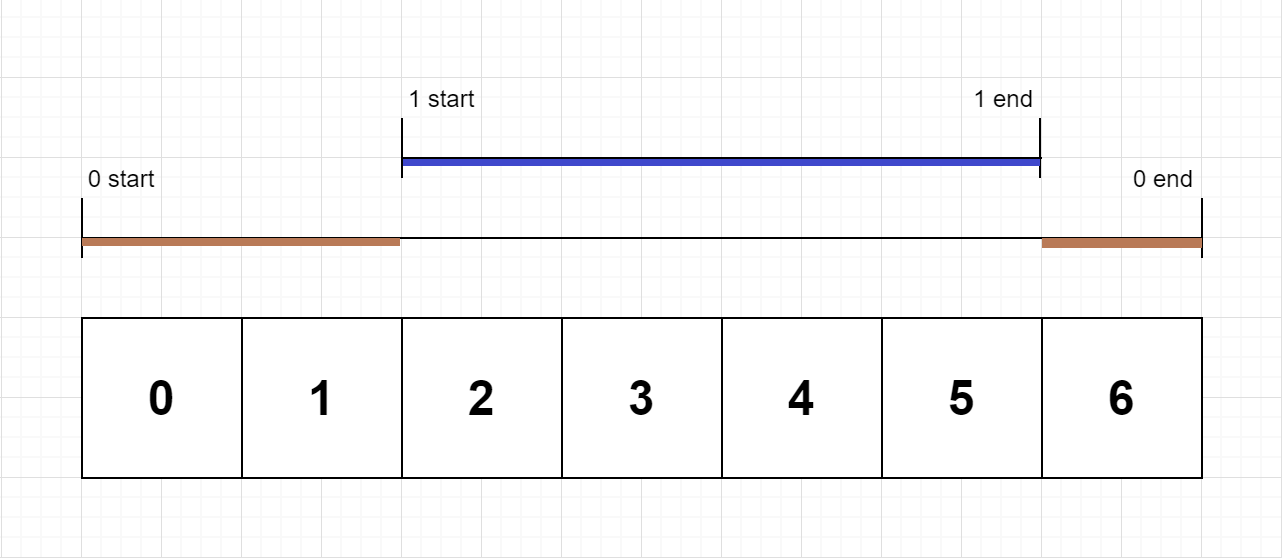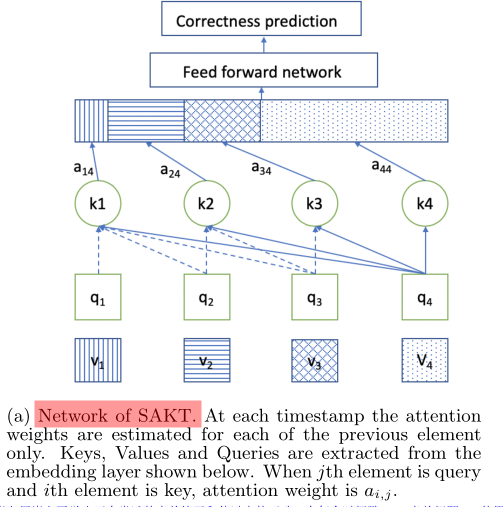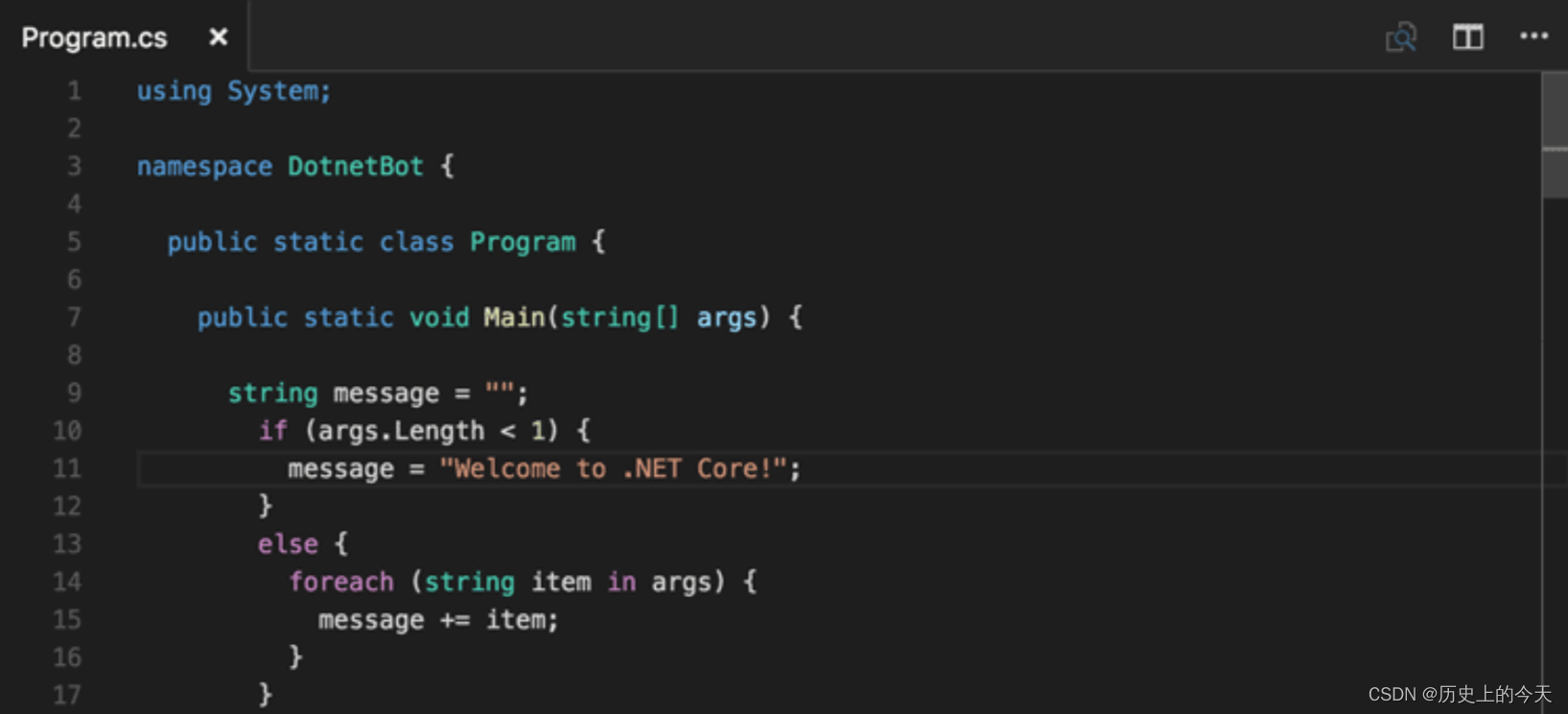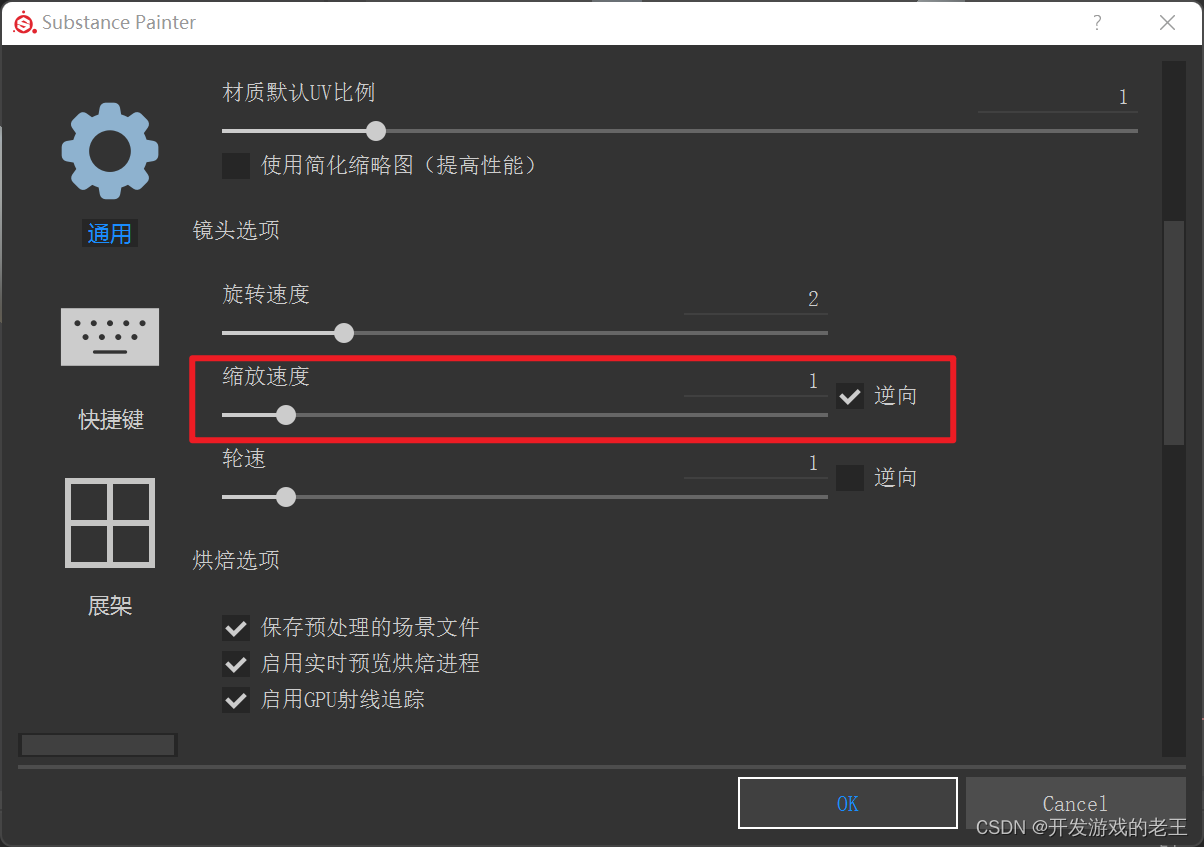当前位置:网站首页>Leetcode one question per day (636. exclusive time of functions)
Leetcode one question per day (636. exclusive time of functions)
2022-07-07 14:27:00 【wangjun861205】
On a single-threaded CPU, we execute a program containing n functions. Each function has a unique ID between 0 and n-1.
Function calls are stored in a call stack: when a function call starts, its ID is pushed onto the stack, and when a function call ends, its ID is popped off the stack. The function whose ID is at the top of the stack is the current function being executed. Each time a function starts or ends, we write a log with the ID, whether it started or ended, and the timestamp.
You are given a list logs, where logs[i] represents the ith log message formatted as a string “{function_id}:{“start” | “end”}:{timestamp}”. For example, “0:start:3” means a function call with function ID 0 started at the beginning of timestamp 3, and “12” means a function call with function ID 1 ended at the end of timestamp 2. Note that a function can be called multiple times, possibly recursively.
A function’s exclusive time is the sum of execution times for all function calls in the program. For example, if a function is called twice, one call executing for 2 time units and another call executing for 1 time unit, the exclusive time is 2 + 1 = 3.
Return the exclusive time of each function in an array, where the value at the ith index represents the exclusive time for the function with ID i.
Example 1:

Input: n = 2, logs = [“0:start:0”,“1:start:2”,“15”,“06”]
Output: [3,4]
Explanation:
Function 0 starts at the beginning of time 0, then it executes 2 for units of time and reaches the end of time 1.
Function 1 starts at the beginning of time 2, executes for 4 units of time, and ends at the end of time 5.
Function 0 resumes execution at the beginning of time 6 and executes for 1 unit of time.
So function 0 spends 2 + 1 = 3 units of total time executing, and function 1 spends 4 units of total time executing.
Example 2:
Input: n = 1, logs = [“0:start:0”,“0:start:2”,“05”,“0:start:6”,“06”,“07”]
Output: [8]
Explanation:
Function 0 starts at the beginning of time 0, executes for 2 units of time, and recursively calls itself.
Function 0 (recursive call) starts at the beginning of time 2 and executes for 4 units of time.
Function 0 (initial call) resumes execution then immediately calls itself again.
Function 0 (2nd recursive call) starts at the beginning of time 6 and executes for 1 unit of time.
Function 0 (initial call) resumes execution at the beginning of time 7 and executes for 1 unit of time.
So function 0 spends 2 + 4 + 1 + 1 = 8 units of total time executing.
Example 3:
Input: n = 2, logs = [“0:start:0”,“0:start:2”,“05”,“1:start:6”,“16”,“07”]
Output: [7,1]
Explanation:
Function 0 starts at the beginning of time 0, executes for 2 units of time, and recursively calls itself.
Function 0 (recursive call) starts at the beginning of time 2 and executes for 4 units of time.
Function 0 (initial call) resumes execution then immediately calls function 1.
Function 1 starts at the beginning of time 6, executes 1 unit of time, and ends at the end of time 6.
Function 0 resumes execution at the beginning of time 6 and executes for 2 units of time.
So function 0 spends 2 + 4 + 1 = 7 units of total time executing, and function 1 spends 1 unit of total time executing.
Constraints:
- 1 <= n <= 100
- 1 <= logs.length <= 500
- 0 <= function_id < n
- 0 <= timestamp <= 109
- No two start events will happen at the same timestamp.
- No two end events will happen at the same timestamp.
- Each function has an “end” log for each “start” log.
Create a stack to hold all start, Every time I meet one start Then settle the previous start To the current start Running time of , This time is added to the previous start Of function On the running time , Because from this moment on , Previous start Of function It's no longer implemented . If you encounter end Then directly settle the current function Running time of ( At present end Time - To the top of the stack start Time ), After settlement, you need to modify the previous start Time for , Because from now on end From the time of , Previous start Of is running again . Check that the stack is empty , also , The premise of all this is based on logs It is recorded according to the time axis
impl Solution {
pub fn exclusive_time(n: i32, logs: Vec<String>) -> Vec<i32> {
let mut ans = vec![0; n as usize];
let mut stack: Vec<(i32, i32)> = Vec::new();
for log in logs {
let group: Vec<String> = log.split(":").map(|v| v.to_owned()).collect();
let num = group[0].parse::<i32>().unwrap();
let typ = group[1].clone();
let t = group[2].parse::<i32>().unwrap();
if typ == "start" {
if let Some(prev) = stack.pop() {
ans[prev.0 as usize] += t - prev.1;
stack.push(prev);
}
stack.push((num, t));
continue;
}
let prev = stack.pop().unwrap();
ans[prev.0 as usize] += t - prev.1 + 1;
if let Some(mut p) = stack.pop() {
p.1 = t + 1;
stack.push(p);
}
}
ans
}
}
边栏推荐
- 最长上升子序列模型 AcWing 1012. 友好城市
- 2022PAGC 金帆奖 | 融云荣膺「年度杰出产品技术服务商」
- UML 顺序图(时序图)
- ARM Cortex-A9,MCIMX6U7CVM08AD 处理器应用
- Parsing of XML files
- Wired network IP address of VMware shared host
- 数据湖(九):Iceberg特点详述和数据类型
- Excuse me, when using Flink SQL sink data to Kafka, the execution is successful, but there is no number in Kafka
- MLGO:Google AI发布工业级编译器优化机器学习框架
- Multi merchant mall system function disassembly lecture 01 - Product Architecture
猜你喜欢

SAKT方法部分介绍

【历史上的今天】7 月 7 日:C# 发布;Chrome OS 问世;《仙剑奇侠传》发行

docker部署oracle

Navigation - are you sure you want to take a look at such an easy-to-use navigation framework?

UML 顺序图(时序图)

Substance Painter笔记:多显示器且多分辨率显示器时的设置

设备故障预测机床故障提前预警机械设备振动监测机床故障预警CNC震动无线监控设备异常提前预警

LeetCode每日一题(636. Exclusive Time of Functions)

UML sequence diagram (sequence diagram)
![Verilog implementation of a simple legv8 processor [4] [explanation of basic knowledge and module design of single cycle implementation]](/img/d3/20674983717d829489149b4d3bfedf.png)
Verilog implementation of a simple legv8 processor [4] [explanation of basic knowledge and module design of single cycle implementation]
随机推荐
Introduction to sakt method
Common response status codes
Cvpr2022 | backdoor attack based on frequency injection in medical image analysis
WPF DataGrid realizes the UI interface to respond to a data change in a single line
Arm cortex-a9, mcimx6u7cvm08ad processor application
Simple use of websocket
Oracle Linux 9.0 正式发布
Internal sort - insert sort
【立体匹配论文阅读】【三】INTS
多商户商城系统功能拆解01讲-产品架构
LeetCode 648. Word replacement
UML sequence diagram (sequence diagram)
Bashrc and profile
请问,redis没有消费消息,都在redis里堆着是怎么回事?用的是cerely 。
【AI实战】应用xgboost.XGBRegressor搭建空气质量预测模型(二)
用例图
FC连接数据库,一定要使用自定义域名才能在外面访问吗?
MLGO:Google AI发布工业级编译器优化机器学习框架
Excuse me, as shown in the figure, the python cloud function prompt uses the pymysql module. What's the matter?
课设之百万数据文档存取